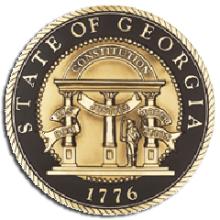Image


 We understand that Windstream is the main lobbyist pushing this bill forward in an attempt to protect the networks they have refused to upgrade to modern standards. Windstream is just one of several large telecommunications companies that does not have the capacity to invest in the next-generation networks demanded in the 21st century economy. For instance, see this recent story from Missouri about Windstream:
We understand that Windstream is the main lobbyist pushing this bill forward in an attempt to protect the networks they have refused to upgrade to modern standards. Windstream is just one of several large telecommunications companies that does not have the capacity to invest in the next-generation networks demanded in the 21st century economy. For instance, see this recent story from Missouri about Windstream:
“People feel they are paying for a service they are not getting,” Rep. Fitzwater told Windstream. “I get emails every day, letters, telephone calls. McAllister Software is a major employer, employing around 140 people. They are vital to the local economy, and they need internet service. There were about 45 hours last year that they had to shut their doors because they had no internet. There are other businesses in town that are affected by internet speeds. The other day there was a water main break and school was closed; some of the businesses had to shut down because of reduced internet speeds because the kids were online playing games.”Even as Windstream cannot provide the necessary speeds, they are pushing a bill to make it harder for others to step in and provide the necessary services. This is why the bill uses a 1.5 Mbps standard, DSL often provides that below-basic level of service but does not support common applications or business needs. In short, this is a bill that will only hurt the residents and businesses of Georgia, taking away one of the only methods a community can ensure it is ready for the digital economy.
